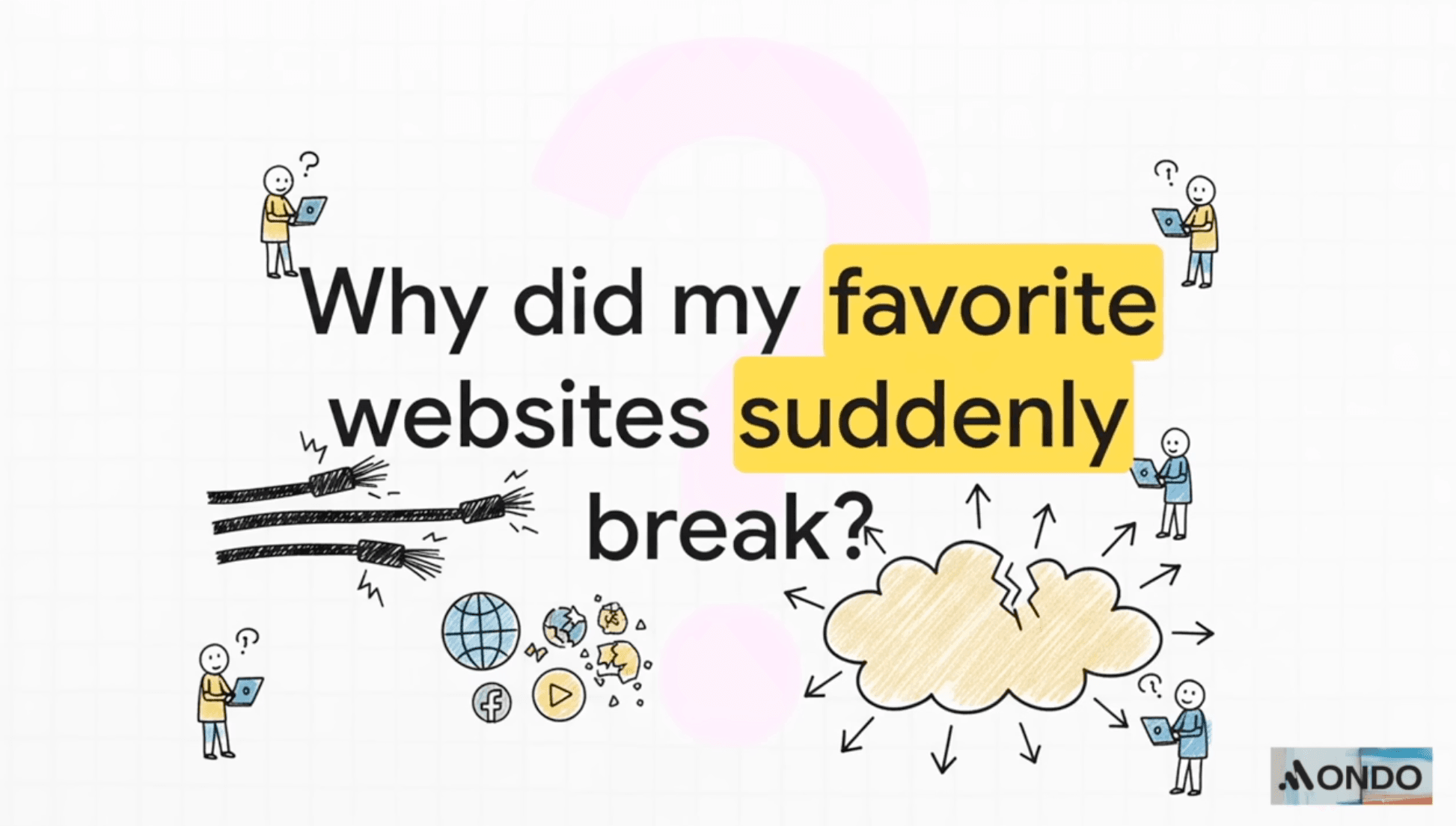The Crisis Reframe

A mind for trouble
Unless you are an adrenaline junkie who loves to jump off jagged cliffs, go rapid white-water rafting or swim with apex predators, you probably don’t love conflicts and risks. Even if you loved thrills, you wouldn’t want that uncertainty and stress in your organisation as a leader or as a member.
Yet, trouble has a way of finding us no matter how hard we try to dodge. That is why it is essential for leaders and co-leaders of businesses and organisations to have a crisis management plan. Crisis isn’t merely an issue for feeble business. In fact, it is often large firms at the forefront who have to be especially adept at navigating harsh terrain.
This might interest you: Mindfulness In The Midst Of Madness
In a rapidly evolving time where social media is constantly affecting businesses and how they run, crisis should be viewed as a process of transformation where the old system can no longer be sustained.
Experts have stated that crisis is inevitable and the lead up to it tells a company, “It’s time to rethink our strategies and procedures.”
Educator and crisis leadership expert, Erika H. James, has identified five necessary leadership competencies which facilitate organisational restructuring during and after a crisis:
- Building an environment of trust
- Reforming the organisation’s mindset
- Identifying obvious and obscure vulnerabilities of the organisation
- Making wise and rapid decisions as well as taking courageous action
- Learning from crisis to effect change
Like many crisis leadership experts, James sees abundant opportunity in both the planning and management of crisis. She believes it is putting the quality of leadership and an organisation’s competencies to the test.
The crisis of the mind

There’s a dynamic mindset required of leaders who shoot for the stars and aim to win. Often, we hear talk of entrepreneurs and the entrepreneurial mind and how they have a mindset for taking risks. Successful entrepreneurs and leaders balance this with a crisis mindset. This is a mindset of troubleshooting extremes.
In order to better grasp what this mindset involves, we need to first break it down to three stages of a crisis: before, during and after.
Before: Look, think and plan
Understanding and identifying your organisation’s risk level for crisis and the nature of crisis it could face is the first step to preparing your organisation for rocky times. From this, develop a plan to shrink your chances of facing a sudden and disastrous crisis.
This is also the time to develop trust and effective human resources. Being the right kind of leader and empowering the right kind of people is vital. Also, take time to improve and be aware of market trends and what’s going on both outside and inside your company.

During: Communicate
“Very simply, your organisation’s crisis plan is incomplete without a comprehensive digital strategy.” —Jane Jordan-Meier, The Four Stages of Highly Effective Crisis Management: How to Manage the Media in the Digital Age
It is natural during a period of crisis for there to be confusion and fear. As a result, false rumours and speculation – both within your firm and across your organisation – reach the rest of the world. Stakeholders, consumers, and employees need you to not only be transparent but sure and clear in your message during this time. This is when a strong social media presence needs to already exist and be used as a platform to manage as well as communicate in a timely fashion.
After: Reflect and find the silver lining
Once you’ve come out from the other side, it’s time to talk about it and ask, “What could we have done better?” or “What should we have done differently?” and “What should we change?” The worst is over and it’s important to take a constructive approach to reflecting, recovering and improving your systems and processes.
Start building morale and seizing new opportunities. Crisis has a make or break effect on companies but either way, it accelerates change.
All your planning and preparations engage in a rapid fire round of tests, often opening you up to new lessons if you look for them.
In short, crisis cannot be controlled, only managed by those who plan for it will become conquerors.
Louisa can’t have a crisis this week as her schedule is full. She loves to talk to people and wants to hear their thoughts on everything and anything. Get in touch with her at louisa.allycyn@leaderonomics.com.
Business






